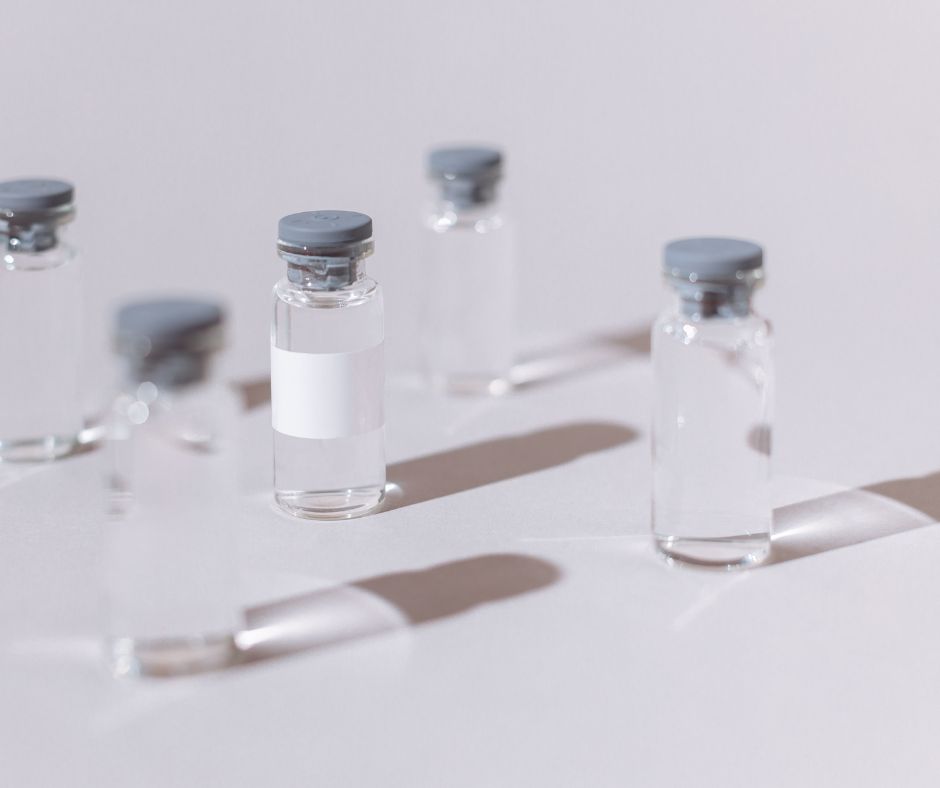Both adults and children can suffer from growth hormone deficiency, which can significantly impact how well the body functions. It is estimated that there are 6,000 adults diagnosed with this problem every year, and between 1 and 4,000 and 1 in 100,000 children have this issue. But what does this problem mean? What can you do about it? The goal here is to help you understand everything that you need to know about growth hormone deficiency and the medications often prescribed for this condition.
Understanding Growth Hormone Deficiency
What is a growth hormone deficiency? Also referred to as dwarfism or pituitary dwarfism, this is a condition caused by insufficient hormones in the body. When children suffer from growth hormone deficiency will typically have a short stature with body proportions that you would consider normal. This condition can be congenital (meaning it was present at birth) or acquired (it developed later on). Sometimes, this can result from issues like being born without a pituitary gland, severe brain injury, or genetic defects. But there are some cases where there is no definitive cause for this condition.
While this condition does affect kids more often than adults, adults can still develop this condition later on in life. Growth hormones are essential throughout your entire life as, after puberty, these are responsible for your metabolism and maintaining your body structure.
Symptoms of Growth Hormone Deficiency
Children and adults do experience different symptoms of growth hormone deficiency. In this section, you can get a closer look at the various symptoms of people who suffer from growth hormone deficiency at the different stages of their life.
Children
- Shorter than peers
- Tend to have younger-looking and rounder faces
- Have average body proportions but may also have baby fat around the abdomen
- If caused by a brain tumor, symptoms include delayed puberty with completely halted sexual development.
Teens
- Low self-esteem caused by developmental delays
- Slower rate of maturing
- Short stature
- Breast development and voice changes don’t change at the same rate as peers.
- Reduced bone strength/frequent fractures
- Fatigue
- Lack of stamina
- Sensitivity to hot and cold temperatures
Adults
- Anxiety
- Depression
- Higher level of body fat, particularly around the waist
- Fatigue
- Decreased sexual interest and function
- Changes/increase in blood cholesterol
- Less strength
- Inability to exercise without having to take a rest
- Feelings of isolation from other people
- Increased sensitivity to hot and cold
- Less lean muscle mass
- Reduced bone density, leading to increase in fractures
Diagnosing Growth Hormone Deficiency
How does this condition get diagnosed? During the milestone checkups you take your doctor to, they will specifically look for signs of growth hormone deficiency if they notice the child isn’t meeting their height or weight milestones. The doctor will start asking you questions about your development and the development of other children to determine if this should be concerning to them. If the doctor doesn’t feel the child is growing in the same pattern, they may begin to suspect growth hormone deficiency.
Unfortunately, the growth hormone levels do tend to fluctuate a lot throughout the day, which is why a blood test with low levels isn’t enough to make an official diagnosis. If the screening does make the doctor suspect growth hormone deficiency, they will move on to a GH stimulation test. This test involves having an IV put in, where a blood sample is taken at the beginning of the test. Then, the patient will get a medication that will stimulate the production of growth hormones, such as arginine or insulin. More blood will be taken at different intervals in a process that will take a few hours.
Another test used in kids is looking at the growth plates, which are the developing tissues that can be found at the end of each of our leg and arm bones. When you finish developing, these tissues are fused. They will also X-ray a child’s hand to indicate bone growth.
For adults, they will see an endocrinologist who can diagnose growth hormone deficiency in adults. An MRI may be required to see if there’s an issue with the pituitary gland that needs to be addressed. They will also take a GH stimulation test to determine if there’s a problem.
Medications Used for Growth Hormone Deficiency
Once a patient is diagnosed with a growth hormone deficiency, they will be given a treatment plan to help them with their specific case. During treatment, you will be frequently monitored by your doctor to ensure that you aren’t getting too much or too little growth hormones. It’s also important to know that if you have an active tumor contributing to this condition, these therapies are not given. These medications are also not used for people who are seriously ill or have breathing problems.
There are a couple of different options that are frequently given to patients with a growth hormone deficiency. These medications include:
- Somatropin: This is a man-made growth hormone that can help children grow taller and offer adults and children develop muscle. Somatropin, provided under various alternative names (such as Zomacton and Omnitrope) for treatment, can treat growth failure, low levels of growth hormone, and short stature.
- Genotropin: Also a growth hormone, this is often the most commonly prescribed recombinant human growth hormone medication to treat growth hormone deficiency.
Checking Your Growth Hormone Levels & BHRT
This is a relatively rare condition, but one that can bring about many problems in the people who suffer from this problem. Fortunately, there are treatment options available that can help you find some relief. Just be sure that you talk to your doctor if you have any concerns about your growth hormone levels, and they will perform tests to diagnose whether or not you have this issue. The sooner you can get this problem diagnosed, the sooner you can begin treatment and start feeling better.
As mentioned above, a doctor or a qualified telemedicine provider such as EVOLVE will start by testing your hormone levels. This comprehensive blood panel checks your body for any abnormal hormone levels. This is an essential step to effectively treat a growth hormone deficiency. Hormone treatment plans are created based on the patient’s health history, symptoms, and lifestyle needs.
If you are concerned with your grown hormone levels, it’s best to talk to a professional. At EVOLVE, we specialize in bioidentical hormone replacement therapy or BHRT. We help people just like you boost growth hormones and live a healthier, happier life. Contact EVOLVE patient care today to get started with your personalized hormone therapy.






